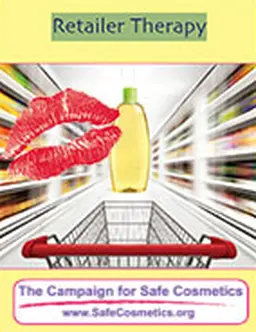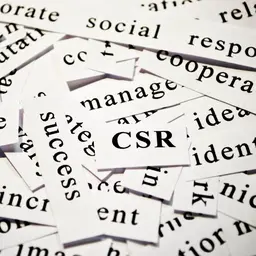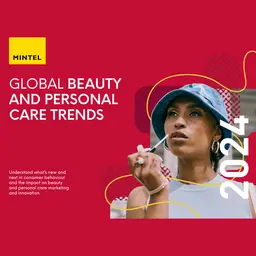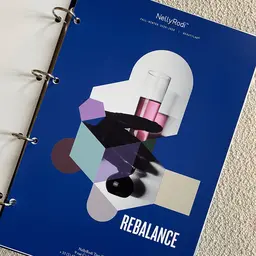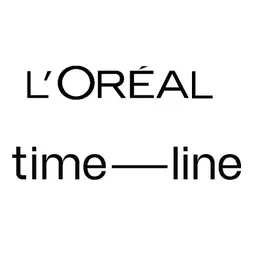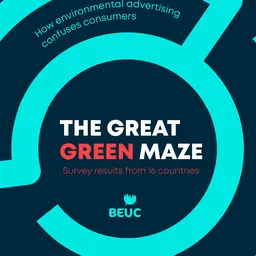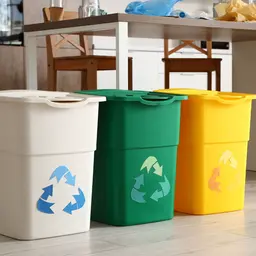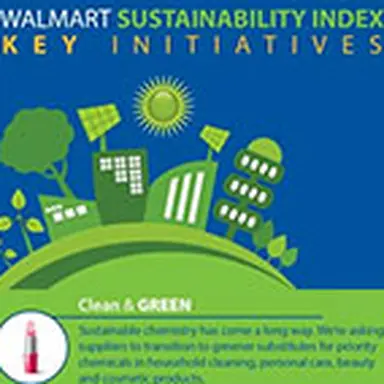
If regulation does not do so, distributors, strongly"induced" by consumers, can do so. Do what?? Eliminate toxic chemicals from cosmetic products. This was the idea of the American organization The Campaign for Safe Cosmetics, which published a test bench of distributors in December 2012, rating them"good" and"bad".
It has therefore taken less than a year for the initiative launched by The Campaign for Safe Cosmetics, which campaigns for"healthy, safe and chemical-free cosmetics", to bear fruit.
In December 2012, the organization published a report entitled Retailer Therapy which attributed"kisses" to good distributors and bad points to bad guys. (See ) The aim: to encourage them to put pressure on cosmetic brands so that they eliminate from their products the most criticized chemical substances, such as preservatives that generate formaldehyde, hydroquinone (banned in cosmetics in Europe but not in the United States), oxybenzone (an allergenic sunscreen), parabens and phthalates, triclosan… In addition to this classification, a message was sent to consumers: boycott distributors who would not make enough effort to force them, by depriving them of part of their turnover, to engage in a"cleaning" approach.
Message received
Nine times later, The Campaign for Safe Cosmetics publishes a press release that salutes a gesture likely to create a shock wave on the market ". Indeed, the American retail giant, the Walmart chain, has just announced its commitment to target no fewer than 10 chemical substances and to remove cosmetics and cleaning products containing them from its shelves.
" Congratulations to …

